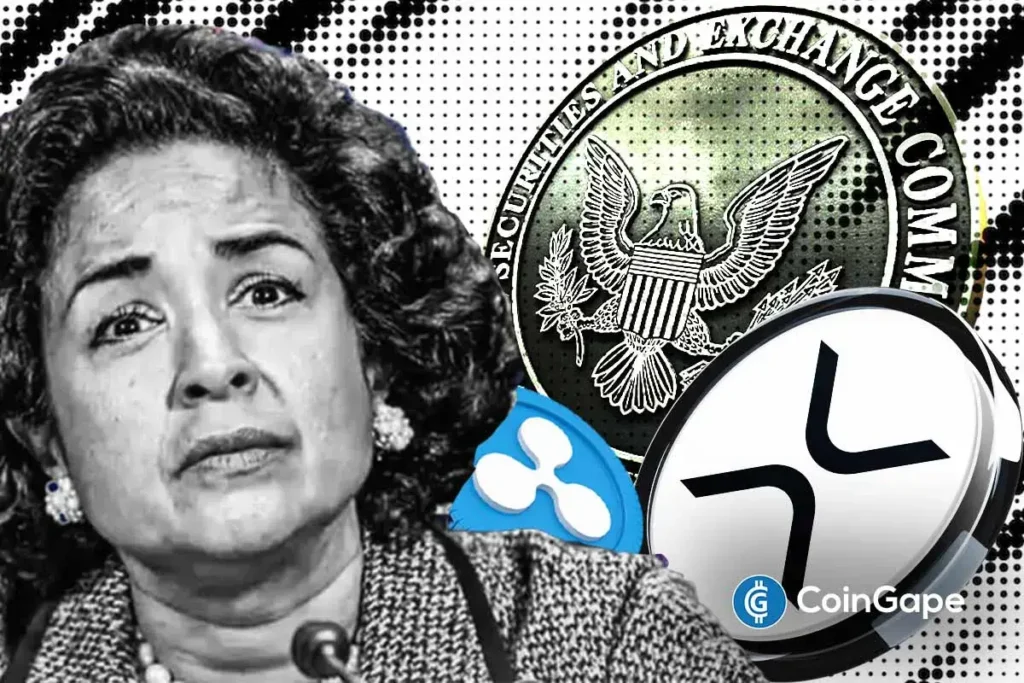Understanding the XRP Lawsuit: Insights from Ex-SEC Lawyer Marc Fagel
The ongoing legal battle over XRP has recently captivated the cryptocurrency community, particularly following Judge Analisa Torres’ decision to deny a motion to drop the case. Many are questioning the rationale behind this choice, and former SEC lawyer Marc Fagel has provided his thoughts on Judge Torres’ decision-making process, emphasizing the implications of the allegations against Ripple.
Why Judge Torres Didn’t Drop the Case
In a detailed explanation posted on X, Marc Fagel shared his insights into why Judge Torres chose not to dismiss the Ripple lawsuit outright. He highlighted that her refusal was likely influenced by findings indicating that Ripple had raised substantial amounts—hundreds of millions—through unregistered securities sales. Fagel argued, “Why would she ‘drop’ it?” reinforcing the notion that the legal issues at stake were significant enough to warrant further judicial examination. These accusations of illegal fundraising play a central role in the ongoing litigation, making dismissal improbable.
Ripple’s Recent Developments
Recently, Judge Torres rejected a joint motion presented by both Ripple and the SEC, leading to a pivotal moment in the case. Ripple subsequently chose to forgo its appeal and agreed to a $50 million penalty. This development suggests that the company is keen on mitigating risks and potential fallout from ongoing legal scrutiny. The decision reignites questions about the implications for Ripple’s business practices and how its operations might change in response to the judicial outcome.
Implications for SEC Goals and Investor Protection
The discussion around the lawsuit also raises broader questions about the objectives of the SEC. As highlighted by an X user, the resources allocated to this case could reflect on the SEC’s primary goals: investor protection, market integrity, and capital formation. Fagel’s response emphasized that if Ripple wished to avoid adhering to federal laws, their recourse would be to seek legislative change rather than ignoring legal frameworks. This assertion strengthens the argument that regulatory compliance is vital for companies within the fast-evolving cryptocurrency space.
Judge’s Silence on Ethereum
Another significant point brought forth in the ongoing dialogue is Judge Torres’ position on Ethereum. Fagel noted that the judge’s mandate was confined to the case at hand, thus, Ethereum was not part of the Ripple lawsuit deliberations. This clarification underscores the complexity of cryptocurrency regulation, where each coin or token may be subject to distinct legal interpretations based on specific circumstances. Fagel also mentioned that Judge Torres’ involvement in the Ripple case would conclude once the SEC opts to finalize the dismissal of its appeal, indicating that further legal developments would move forward without her oversight.
The Impact of Judge Torres’ Injunction on XRP Sales
A crucial aspect of the legal proceedings is Judge Torres’ determination that institutional sales of XRP constitute a securities offering. Should this ruling hold, Ripple faces a choice: it can either halt its institutional sales or comply with existing securities laws. Legal expert Bill Morgan has previously asserted that Ripple is preparing for a potentially permanent injunction related to its historical institutional sales, as these could have enduring implications on current and future operations. Morgan emphasized in a recent tweet that a restraining order against Ripple would likely affect their ongoing and future conduct rather than merely addressing past actions.
Conclusion
The evolving saga of Ripple and XRP continues to shape discussions around cryptocurrency regulations. Insights from legal experts like Marc Fagel shed light on the underlying motivations behind judicial decisions and their potential impact on both Ripple and the broader crypto market. As the case progresses, stakeholders must remain vigilant, not only for its implications on Ripple’s future but also for how it may set precedents for cryptocurrency regulation as a whole, influencing investor sentiment and compliance standards across the industry.


